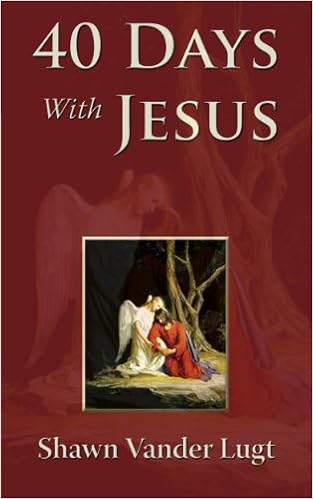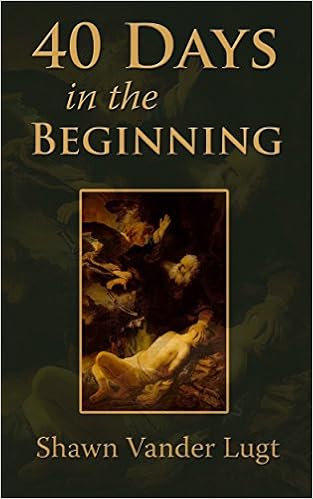Back when I worked for Group Publishing, we received a customer complaint stating that our Hands on Bible, a children’s Bible in the New Living Translation, contained too much sex. Unfortunately, for this customer, we weren’t in the habit of removing inspired words from God’s Holy Scriptures just because we (or our customers) found certain words, phrases, paragraphs, or even books of the Bible risqué. The Bible is full of content that is morally offensive and dangerous to our children if taught incorrectly—it is up to the teacher to use proper discernment when teaching from God’s Word.
You may notice, as you peruse through the children’s library at your church, several DVDs and books that feature the biblical Hercules, Samson. Samson is habitually taught in Sunday schools throughout the world because our children, who are often intrinsically drawn to the “superhero,” are impressed by Samson’s prowess. Samson is the Hebrew Superman, all the way down to his Kryptonite…his long flowing locks. Technically speaking, Samson had more than one Kryptonite. Samson’s mother promised to raise him as a Nazirite. A Nazirite was required to not only follow the basic Levitical Codes, which included touching animal carcasses and deceiving one’s neighbor, but to also refrain from cutting his hair, eating grapes or raisins, drinking wine or other fermented drinks, and staying clear of any dead bodies. According to the Nazirite precepts, if a Nazirite even came near a dead body, he must shave his head and make a sacrifice to be cleansed.
It is disturbing to read about Samson, but even more troubling in this light. Samson’s encounter with Delilah (Judges 16) was not the first time he violated his Nazirite vows. Samson continuously deceived his Hebrew brothers, he ate honey from a lion’s carcass, he maimed and killed, and he never shaved his head or went through the necessary cleansing rituals after encountering dead bodies. If he had, Samson would have been perpetually bald. Samson fornicated with prostitutes, married the daughters of his enemy, and disposed of them regularly. Samson’s life ends tragically, when he commits suicide by toppling over the load-bearing pillars of the Philistine temple to kill his enemy as they reveled in victory (Judges 16:26–30).
Why do we teach this story to our kids?
Samson’s presence in Scripture demonstrates God’s outrage against ungodliness. Like Joshua and the walls of Jericho or Saul and the Amalekites, God commanded His people to rid themselves of anything and everything that could potentially cause them to stumble. Reflecting on Scripture in this manner, can possibly provide one with a certain level of understanding as to 1) Why Islamic extremists detest Western civilization in the manner in which they do and 2) Why they do whatever it takes, including suicide bombings, in order to cleanse their world of depravity. The best way to understand and eventually touch the lives of these extremists is not to tell the story of Samson in the way in which we normally do. But instead, discover the redeemable shadow in Samson, and lead them to Jesus.
There are redeemable elements to the Samson saga, but they’re not the elements we teach our kids. Samson is the antithesis of Jesus Christ. Like Jesus, Samson was announced by an angel and miraculously born of a womb that was incapable of bearing children. Like Jesus, Samson was to pursue a life of holiness and save his people from tyranny. Where Samson committed suicide in a vengeful manner in order destroy his Gentile enemy, Jesus died and rose again to save the very people who nailed him to the cross. Samson’s death is tragic; Jesus’ death and resurrection is victorious.
Samson illustrates human frailty…our inability to be holy based on our own merit. Samson illuminates our desperate need for God’s grace and intervention. Samson—with all his strength, flowing hair, and bulging muscles—failed to deliver his people, and all the nations his people were called to reach. Without a true Savior—without the Son of God—we are vengeful, angry, lustful creatures with no hope whatsoever. Samson sent his people back down into the cycle of sin and redemption that is so evident in the book of Judges—rebellion, retribution, repentance, and rescue. Samson exemplifies everything we are not to be, and Jesus is everything we are to emulate. The redeemable lesson found with Samson is that he sheds light on our need for a Savior—for someone to rescue us from the cycle of sin…to never enter that cycle again. Jesus is the true Superhero.
- He was announced by an angel.
- He was born in a virgin womb; a womb incapable of bearing children.
- He taught us to love our enemy.
- He neither deceived his neighbors nor failed to uphold his call to be holy.
- He died to save his people…including us Gentiles.
- He rose again to rescue us once and for all from the cycle of sin.





